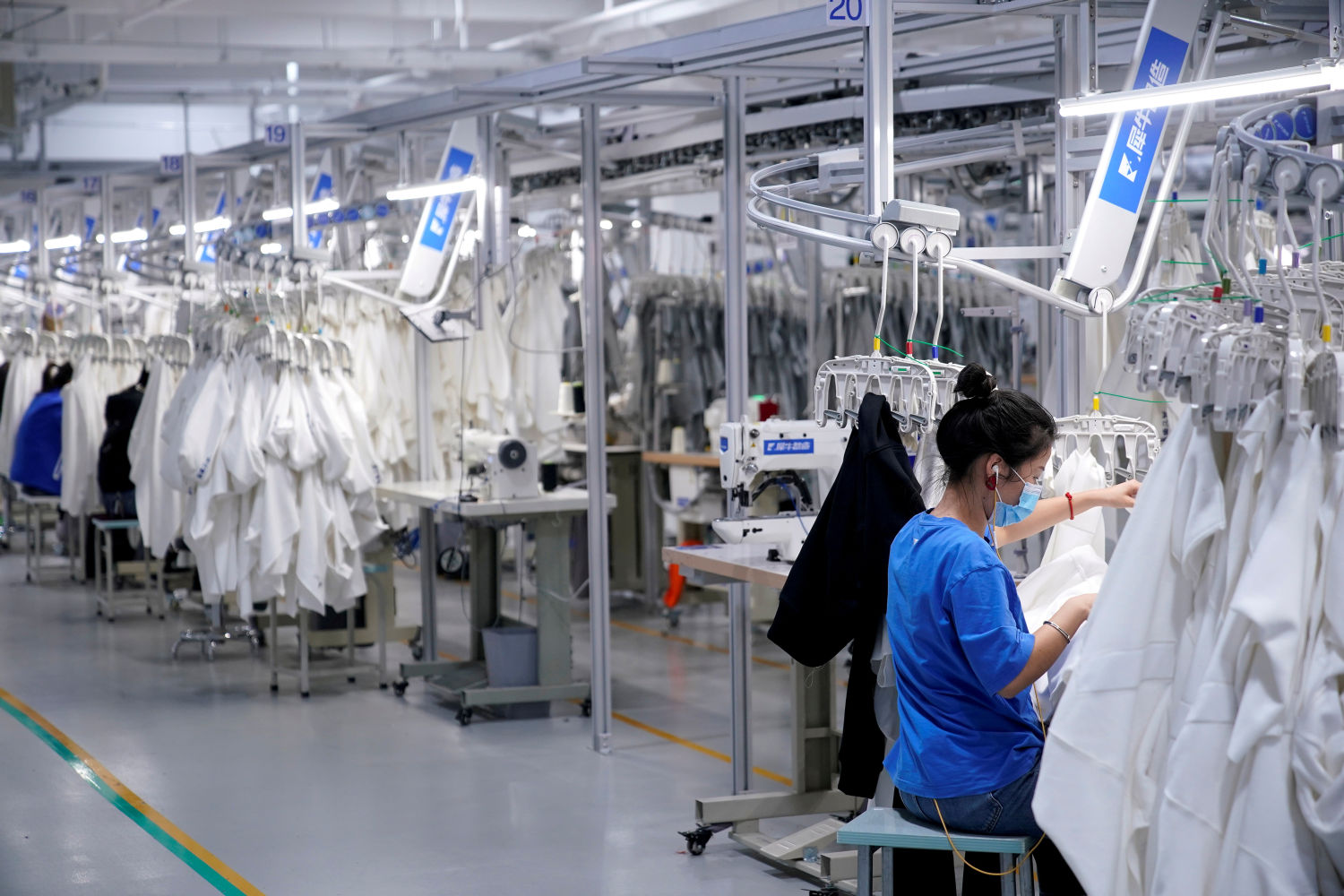(ATF) China’s factory gate prices fell last month at their slowest pace since February, official data showed on Monday, suggesting China’s manufacturing sector continues to see a steady recovery from the Covid-19 shock.
The producer price index (PPI) fell 0.4% from a year earlier, the National Bureau of Statistics said in a statement. The index was expected to fall 0.8%, according to a median forecast in a Reuters poll, after a 1.5% drop in November.
The consumer price index (CPI) rose 0.2% from a year earlier in December, after easing 0.5% in November, the first fall since October 2009. Analysts in the Reuters poll had forecast a 0.1% rise.
“Both the PPI and CPI also surprised this morning, [as] headline inflation increased faster sequentially than expected, said Frederic Neumann, co-head of Asian economics research at HSBC in Hong Kong.
The data comes as manufacturing activity in the world’s second-largest economy expanded in December but at a slightly slower pace amid higher raw material costs. On a monthly basis, PPI rose 1.1% in December after increasing 0.5% in November, pointing to improving corporate profitability.
Food prices rise
Prices for raw materials fell 1.6% from a year ago, compared with a decline of 4.2% in the previous month. Food prices rose 1.2% from a year ago, compared with a decline of 2.0% in the previous month.
“Most of the increase was the result of a rise in food price inflation,” said Julian Evans-Pritchard, senior China economist at Capital Economics. “Consumer prices may slip back into deflation over the next couple of months due to a jump in pork prices a year ago but this should prove temporary.”
After falling for several months, pork prices jumped 6.5% month-on-month amid tighter restrictions on imported meat. Prices are still lower than a year ago, when the pork supply was even tighter due to an outbreak of African swine fever.
“The fast rise in the PPI suggests improving industrial profits, which should support manufacturing investment,” said Barclays China economist Jian Chang. “We expect the PPI to return to inflation as early as January amid sustained export strength and the CPI to remain volatile in Q1, with deflation likely in January.”
China’s monetary authorities have said will maintain consistent policies and ensure financial stability in 2021, Yi Gang, governor of the People’s Bank of China, in an interview with Xinhua News Agency on Friday.
“With economic activity set to remain strong and underlying inflation likely to continue rising, we think the [central bank] will tighten policy this year,” Evans-Pritchard said.
With reporting by Reuters
























